Manasseh's Folder
MANASSEH’S FOLDER: No tribute or book of condolence when I die
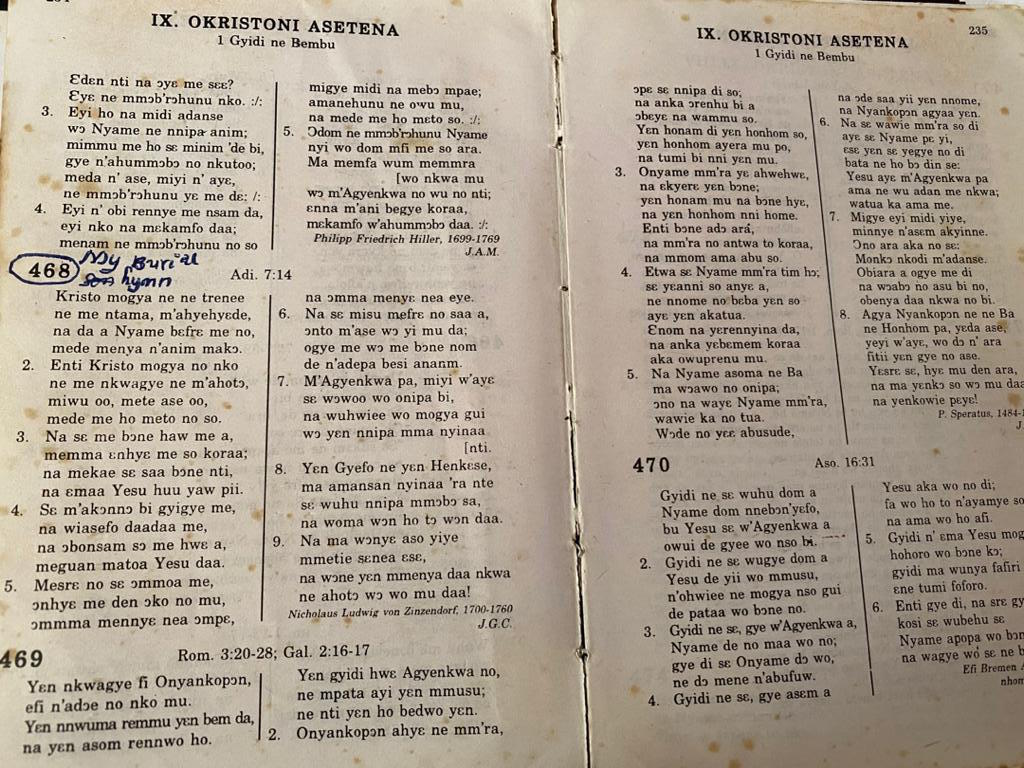
In 2006, I bought a copy of the Presbyterian Church of Ghana hymn book, circled Hymn 468 and wrote boldly above it, “My Burial Hymn.”
My colleague teachers of the Junior Youth Fellowship at the Victory Congregation of the Presbyterian Church of Ghana at Old Dansoman (Camara) knew about it. I told them that should I die, they shouldn’t forget to tell the funeral planners about my wish, which they thought was weird. Why would a young man in his early twenties be planning his burial?
But I ask, why not? Once you’re born, you will die. My Gurune (Frafra) people say, “Asaala dage kugre.” And they are right; the human being is not a stone. We will all go. It’s not a question of if. It’s a question of when, a question we don’t have answers to unless those who plan their suicide.
We cannot beat our chest and say we will be alive tomorrow because death can take everyone by surprise – the rich and the poor, sick and healthy, sinners and the righteous – name them.
When I met my wife, I told her what I had told my friends at church, this time with two additional pieces of important information. I have told her that I don’t want anybody to read a tribute at my funeral. I don’t also want anybody to open a book of condolence when I’m dead.
People are free write or say whatever they want to say about me and publish it on whatever platform they choose, but at my funeral no tribute should be read. This is my wish.
My wife told me that a dead body belongs to the family, and not the wife, so I should communicate that to them. But my life goes beyond my family. I’m not sure companies and professional bodies often get permissions from families of their deceased colleagues before opening books of condolences.
One of the biggest regrets of my life would be to die without writing all the book ideas I have in my head. It would even be worse if I fail to write about how I want my departure done even though I have had it planned for many years.
So let’s settle down for the details and reasons, where applicable.
My body should not be laid in state for public viewing. And the following are the only people who should view my body:
My parents (father, mother and step mother)
My siblings (the biological children of my parents)
My wife
My child/children
My wife’s parents
The biological children of my wife’s parents
To the rest of you, I don’t have anything against anybody. But I want you to remember me on the note of our last encounter. If our last encounter is laughter, let that be the abiding memory me when I’m gone. If it is something else, let’s remember “each other” that way.
I have mentioned that I do not want a tribute read at my funeral. Not even my wife or siblings should read a tribute. My funeral brochure can also contain just my history or the chronology of my life without any attempt to paint a saintly picture of my character.
There are two reasons I don’t want tributes at my funeral.
The first reason is that tributes in our part of the world tend to paint pictures of a sainthood. T is said that we don’t speak ill of the dead so even the direct cousins of the devil get canonized during their funerals.
I have not been and cannot be a saint. I am a sinner saved by grace and strive to rise anytime I fall. So I won’t be comfortable with any form of exaggeration of my virtues.
But there is a more important reason I don’t fancy or aspire for spoken or written tributes.

There is one tribute that I wish to get and those who have those tributes may never have the opportunity to read them at my funeral. And I don’t even want them to read it.
The tribute I want is that as many people as possible – especially outsiders who are not my family members, those I’m not obliged to help because of family ties – to say to themselves, “But for this man who helped me in one way or the other, I may not have got this far in life.”
This is the kind of legacy I want to leave. And that’s what I work towards. The story of Esther in the Holy Bible helped me to define the purpose of my existence. It’s the part of the story when Mordecai told Esther that the Jews were threatened and Esther said she could be killed if she appeared before the King at that time without an invitation. The golden words Mordecai spoke are contained in Esther 4:12-14 of the Bible:
‘When Esther’s words were relayed to Mordecai, he sent back to her this reply: “Do not imagine that because you are in the king’s palace you alone will escape the fate of all the Jews. For if you remain silent at this time, relief and deliverance for the Jews will arise from another place, but you and your father’s house will perish. And who knows if perhaps you have come to the kingdom for such a time as this?”’
I believe God gave me a voice and whatever modest resources and achievements I have not for my own sake or the sake of only my family. So the tribute I crave for is the impact I make in the lives of others directly, as a result of help they get from my work or an inspiration to those I have not met.
I also don’t want any book of condolences to be opened in my name. Whatever is written in my book of condolence will be meaningless to me. I cannot read the messages. They won’t be beneficial to me.
If you like what I do or who I am, let me know so I may do more. If you think I am terrible, let me know so I may change and get better.
Keep the words you intend to write in my book of condolence to yourself if you cannot say them to me while I am alive. You have many selfie opportunities in this world, but the “signing of Manasseh’s book of condolence” should not be one of them.
My wishes are not only limited to my burial and funeral.
I come from a civilized family, but it still doesn’t hurt to emphasise this:
When I die, my wife should not be subjected to any form of widowhood rites no matter how mild it may appear. I have told her not to succumb to any such rites either from her family or mine.
At home, we live by what makes sense. She should be allowed to mourn in a manner she deems fit. I have told her that if anybody comes and says, “In our culture, this is how we do it,” she should disregard them if it doesn’t make sense or if doing so dehumanizes her in the slightest way.
If at the time of my death I am still a member in good standing of the Presbyterian Church of Ghana and they deem it fit to bury me, I want to be buried strictly according to the church’s Christian traditions.
No libation should be poured to invoke any spirit or anything. I don’t drink alcohol. And I won’t drink zomkuom when I’m dead.
As I said, I want my burial hymn to be Presby Hymn 468. And it should be sung with borborbor highlife. I don’t know how I will die, but if my remains are ever found, I want to be buried in my village, Bongo Beo.
Our elders say the performers do not sleep at the market square no matter how successful the dance is. So I want to return to Bongo Beo, where it all began some thirty-five years ago.
If I serve Ghana enough and qualify, I will be honoured to have my coffin draped in the colours of the only country I call mine. On my tomb should have the following words: “Here lies the remains of Manasseh Azure Awuni. He loved his country and tried to help make it better.”
These words may hurt my wife. One of the first things she said to me when we married was, “Manasseh, I know if you are asked to choose between Ghana and me, you will choose Ghana.”
She was right to some extent because of the work I do. Anyone who tries to sacrifice and serve his or her nation selflessly must be selfish towards his or her immediate family and loved ones – the people who will be deeply hurt and negatively affected if he or she goes out and doesn’t come back alive.
Words about the love of my nation will remind her of my first major infidelity in our marriage, one she says she will never forget.
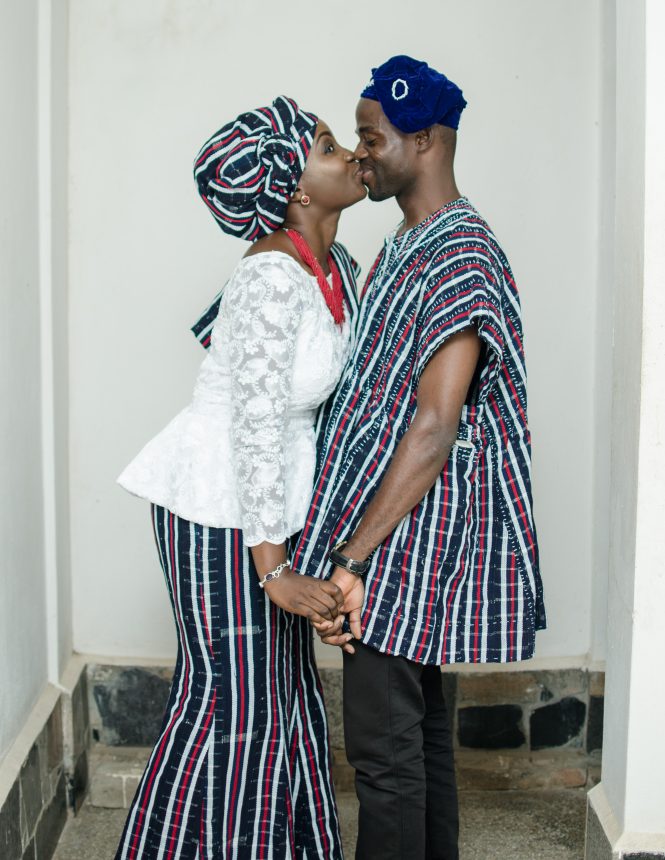
I was producing an investigative documentary on abandoned vehicles and had to leave home very early for work one day. The night before, I was scheming on how to shoot the videos of abandoned ambulances that had been parked in the Air Force Base in Accra, after the Public Affairs Directorate of the Ghana Armed Forces had bounced my initial request. I was so preoccupied with the new opening that I didn’t think about anything else.
Thankfully, the day was successful and I went to shoot, but when I got home, she was in tears. It was her birthday. And I did not remember.
“I said it,” she would tell me days later, “that if you’re to choose between Ghana and me, you will choose Ghana.”
The pastor who preaches at my funeral should emphasise salvation, the essence of life and the need to make Ghana and all of humanity better, the kind of sermon preached at Komla Dumor’s funeral by Rev. Father Wisdom Larweh.
He later told me his sermon was inspired by a tribute I had written when Komla Dumor died.
My tribute, I told him, was inspired by “The Drum Major Instinct”, a sermon preached by Martin Luther King Jr. in February 1968.
I love my country, but I am not proud of it. I have travelled a bit and know we are still hundreds of miles behind how a civilized nation should look and behave. I worry about the kind of Ghana my children will have to endure.
So the preacher should not waste time eulogizing me. The number of degrees or awards I may have won won’t matter any more. My trophy cabinet is full of awards, but when I’m dead, nothing will matter any more.
|
I love music and my funeral should not be without a borborbor performance. The choir should sing danceable gospel highlife and police band, if they are present, should play patriotic songs. And when it’s time to go to the grave, it should be borborbor highlife with the first five stanzas of the Twi version of Presby Hymn 468:
1
Kristo mogya ne ne trenee,
Ne me ntama, m’ahyehyɛde,
Na da a Nyame bɛfrɛ me no,
Mede manya n’anim makɔ.
2
Enti kristo mogya no nko,
Ne me nkwagye ne m’ahotɔ,
Miwu oo, mete ase oo,
Me de me ho meto noso.
3
Na sɛ me bɔne haw me a,
Memma ɛnhyɛ me so koraa;
Na mekae sɛ saa bɔne nti,
Na ɛma Yesu huu yaw pii
4
Sɛ m,akɔnnɔ bi gyigye me,
Na wiasefo daadaa me
Na ɔbonsam sɔ me hwɛ a,
Meguan metoa Yesu daa
5
Mesrɛ no sɛ ɔmmoa me,
ɔnhyɛ me den ɔko no mu
ɔmmma mennyɛ nea ɔmpɛ
na ɔmma menyɛ nea eye.
The writer, Manasseh Azure Awuni, is a freelance investigative journalist and editorial consultant for theghanareport.com. He is the author of three books: “Voice of Conscience”, “Letters to My Future Wife” and “The Fourth John: Reign, Rejection & Rebound”. His email address is azureachebe2@yahoo.com

-
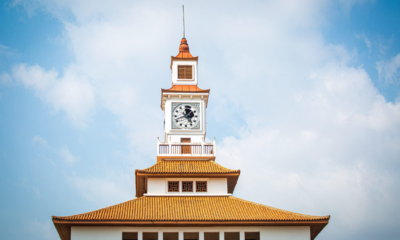
 Random Thoughts10 months ago
Random Thoughts10 months agoA Dutch Passport or a Ghanaian PhD?
-

 Foreign News10 years ago
Foreign News10 years agoEvery Animal Meat Is Not Beef! See All Their Names
-
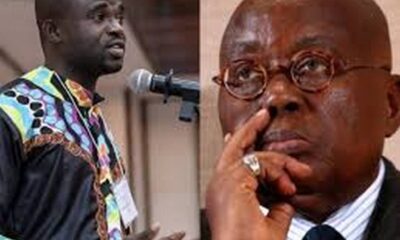
 Manasseh's Folder12 months ago
Manasseh's Folder12 months agoManasseh’s Praise and Criticism of Akufo-Addo’s Action on the SML Scandal
-
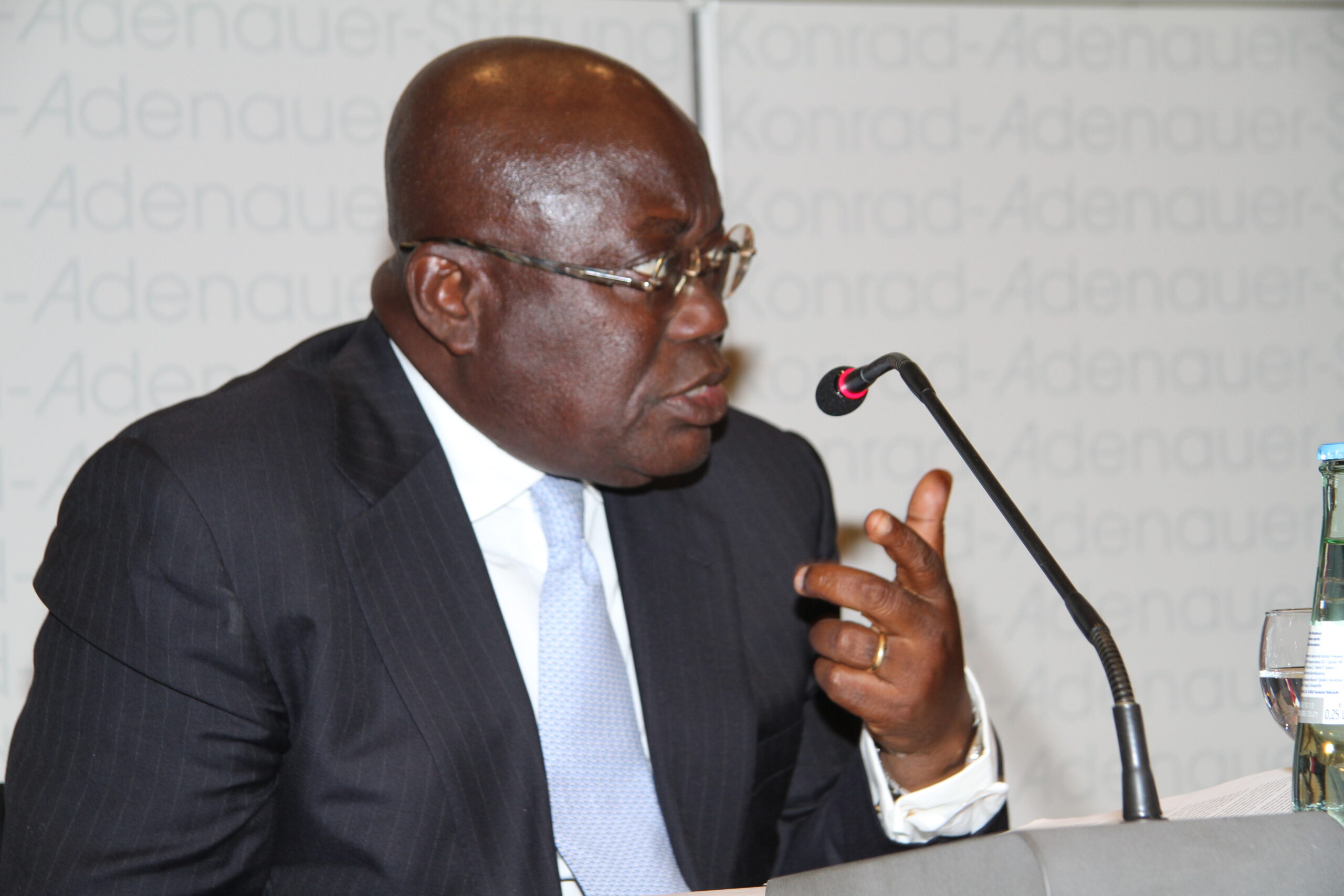
 Guest Writers9 years ago
Guest Writers9 years agoProf. Kwaku Asare writes: Nana Akufo-Addo has no law degree but…
-
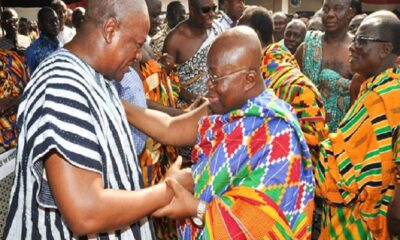
 Manasseh's Blog Posts9 months ago
Manasseh's Blog Posts9 months agoWho Started Free SHS?
-

 Manasseh's Folder9 months ago
Manasseh's Folder9 months agoIs Napo Arrogant? And Does It Matter?
-

 Anti-Corruption9 years ago
Anti-Corruption9 years agoMANASSEH’S FOLDER: Unmasking Afenyo Markins, NPP’s apostle of integrity
-
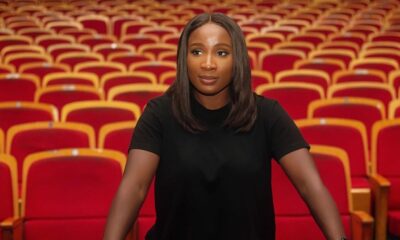
 Manasseh's Blog Posts1 day ago
Manasseh's Blog Posts1 day agoA tribute to Naa Ashorkor